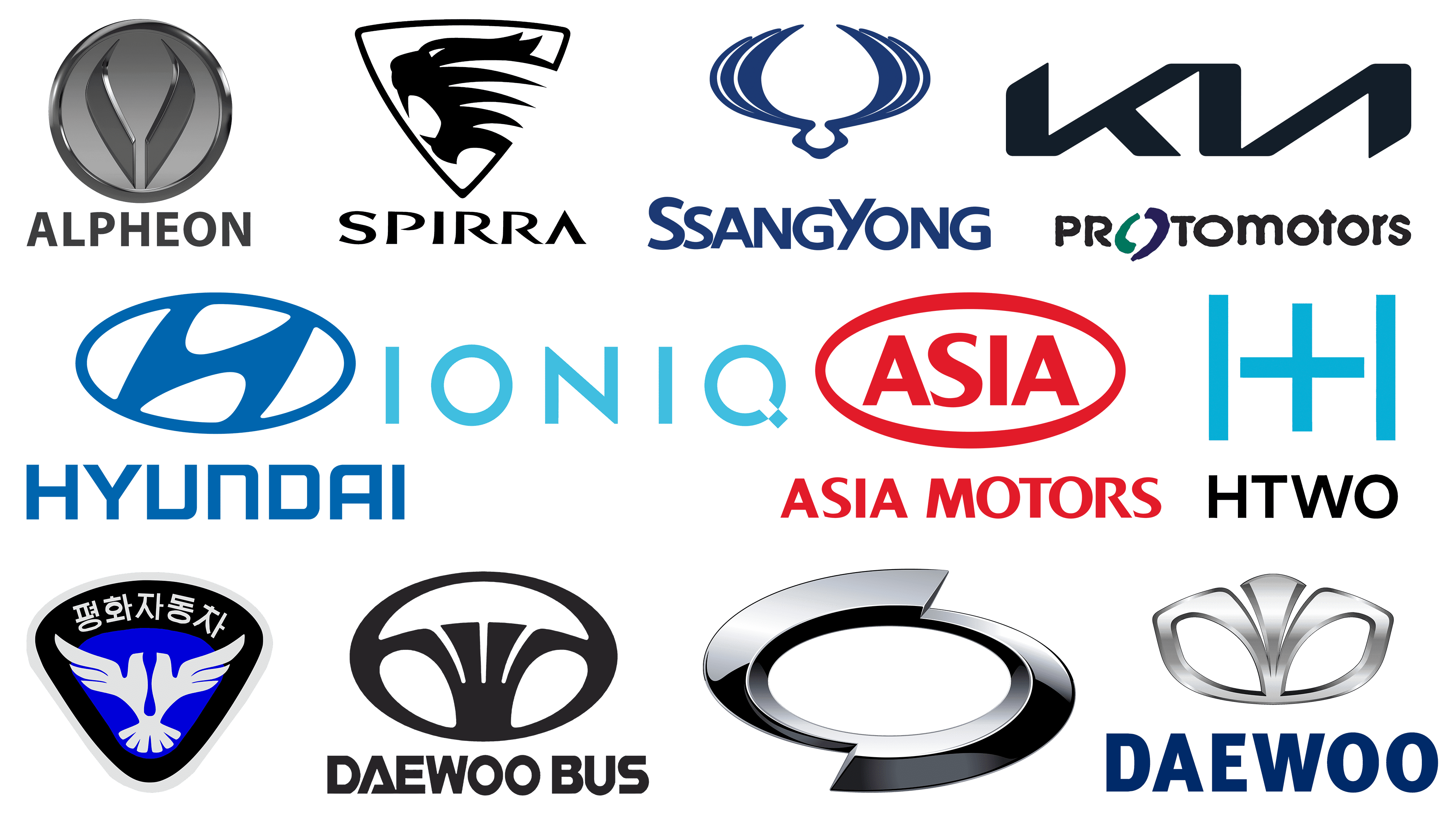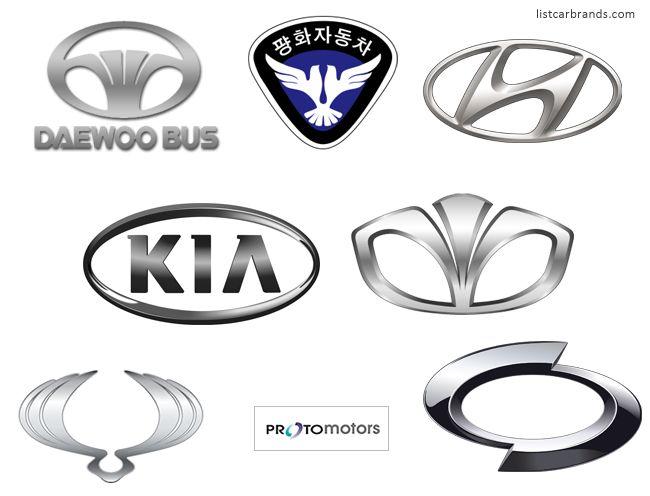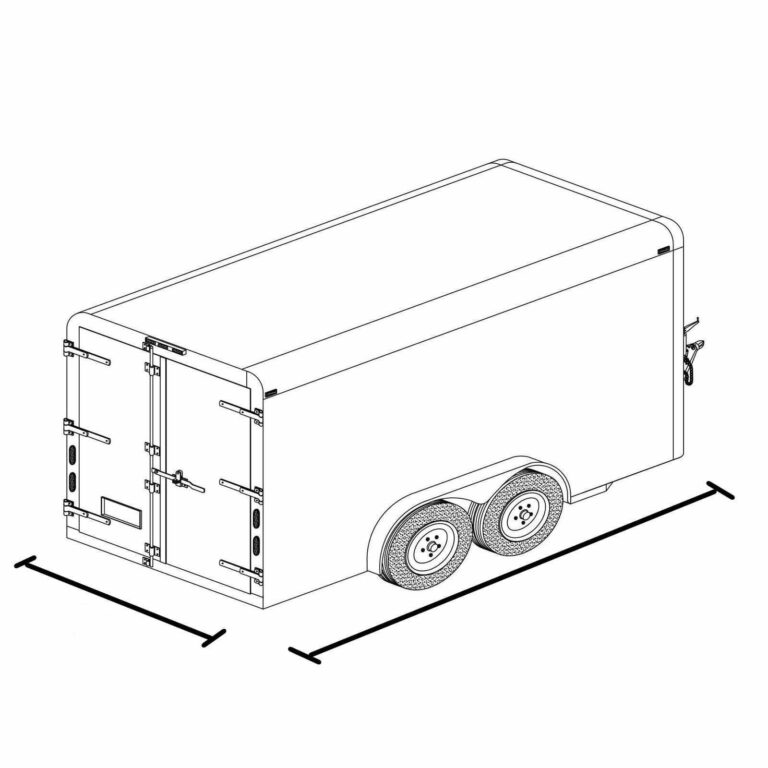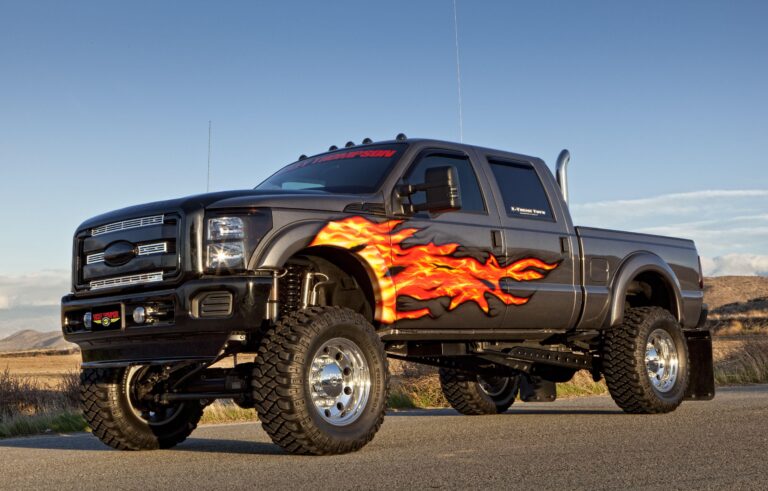Korean Car Brands: A Comprehensive Guide to Global Automotive Powerhouses
Korean Car Brands: A Comprehensive Guide to Global Automotive Powerhouses cars.truckstrend.com
In the dynamic landscape of the global automotive industry, Korean car brands have emerged as formidable contenders, challenging established norms and redefining expectations for quality, design, and value. Once considered niche players, companies like Hyundai, Kia, and the luxury brand Genesis have soared to international prominence, capturing significant market share and earning accolades worldwide. This comprehensive guide delves into the essence of Korean car brands, exploring their remarkable journey, key offerings, compelling advantages, and the exciting future they envision.
The Ascent of Korean Automotive Powerhouses
Korean Car Brands: A Comprehensive Guide to Global Automotive Powerhouses
The story of Korean car brands is one of relentless ambition, rapid innovation, and strategic global expansion. Emerging from the ashes of the Korean War, the nation’s automotive industry began its journey in the mid-20th century, initially focusing on assembling foreign models. However, driven by a strong national desire for self-sufficiency and economic growth, Korean manufacturers quickly shifted towards developing their own designs and technologies.
The late 20th century marked a pivotal period, as companies like Hyundai and Kia began to export vehicles, often competing on price. While initial models might have been perceived as basic, the commitment to continuous improvement was unwavering. Massive investments in research and development, the establishment of global design centers, and the recruitment of international talent transformed these brands. By the early 21st century, Korean cars were no longer just affordable; they were reliable, stylish, and packed with advanced features, earning a reputation for exceptional value. This rapid evolution cemented South Korea’s position as a major player on the global automotive stage, known for pushing boundaries in design, technology, and electrification.
Key Players in the Korean Automotive Landscape
South Korea’s automotive industry is primarily dominated by a few key players, each carving out a distinct identity while often sharing a common foundation.
Hyundai Motor Company
As the flagship brand of the Hyundai Motor Group, Hyundai Motor Company stands as a global automotive giant. Known for its extensive and diverse lineup, Hyundai offers everything from fuel-efficient compacts and family-friendly SUVs to innovative electric vehicles and commercial trucks. The brand has made significant strides in design, adopting a "Sensuous Sportiness" philosophy that results in striking and distinctive vehicles. Hyundai is also at the forefront of future mobility, investing heavily in hydrogen fuel cell technology (NEXO) and pioneering electric vehicle architecture with its highly acclaimed IONIQ series. Its commitment to safety, technology integration, and a comprehensive warranty program has solidified its reputation worldwide.
Kia Corporation
Part of the Hyundai Motor Group, Kia Corporation has undergone a dramatic transformation, largely driven by a bold design-led strategy spearheaded by figures like Peter Schreyer. Once known for utilitarian vehicles, Kia now boasts a portfolio of stylish, sporty, and technologically advanced cars and SUVs. The brand appeals to a younger, more design-conscious demographic, emphasizing dynamic driving characteristics and innovative features. Kia has aggressively embraced electrification, with models like the award-winning EV6 and the upcoming EV9 showcasing cutting-edge battery technology and futuristic design. Its strong emphasis on value, coupled with a class-leading warranty, makes Kia a compelling choice for a wide range of buyers.

Genesis
Launched in 2015 as Hyundai’s standalone luxury brand, Genesis has rapidly ascended to challenge established premium marques from Germany and Japan. Genesis vehicles are characterized by their opulent interiors, sophisticated design language ("Athletic Elegance"), refined driving dynamics, and a comprehensive suite of advanced safety and convenience technologies. The brand focuses on delivering a holistic luxury experience, including concierge services and an emphasis on customer satisfaction. With a growing lineup of sedans and SUVs, including electrified variants like the GV60 and Electrified G80, Genesis is proving that Korean engineering and design can compete at the highest echelons of the automotive market.
KG Mobility (formerly SsangYong Motor Company)
Historically known as SsangYong Motor Company, this brand has recently undergone a significant restructuring and rebranding to KG Mobility. Traditionally specializing in SUVs, rugged off-road vehicles, and pick-up trucks, SsangYong carved a niche for its distinctive designs and focus on utility. While facing financial challenges in the past, KG Mobility aims to revitalize its presence, particularly in the domestic market and specific export regions. The brand’s focus remains on robust, practical vehicles, with an eye towards electrification and new mobility solutions in its future portfolio.
Renault Korea Motors (formerly Renault Samsung Motors)

Renault Korea Motors, previously known as Renault Samsung Motors, is a joint venture that primarily produces vehicles for the Korean market, often based on Renault platforms but with local modifications and styling. While not as globally ubiquitous as Hyundai or Kia, Renault Korea Motors plays a significant role in the domestic Korean market, offering a range of sedans and SUVs. The brand benefits from Renault’s global technology and design expertise, providing a diverse option within the Korean automotive landscape.
Why Choose a Korean Car? Benefits and Advantages
The global success of Korean car brands is no accident. They offer a compelling package of benefits that resonate with modern consumers:
- Exceptional Value for Money: Korean cars consistently provide an impressive array of standard features, advanced technology, and safety equipment at highly competitive price points, often undercutting rivals without compromising on quality.
- Cutting-Edge Technology: From intuitive infotainment systems with large touchscreens and seamless smartphone integration to comprehensive Advanced Driver-Assistance Systems (ADAS) like Hyundai’s SmartSense and Kia’s Drive Wise, Korean vehicles are packed with features that enhance convenience, safety, and connectivity.
- Striking and Innovative Design: Gone are the days of bland Korean car designs. Today, these brands are celebrated for their bold, distinctive, and often avant-garde aesthetics that truly stand out on the road. This design prowess extends to meticulously crafted interiors that offer comfort and a premium feel.
- Improved Reliability and Quality: Decades of continuous improvement have propelled Korean brands to the top tiers of reliability and quality surveys. Their vehicles are built to last, with robust engineering and high manufacturing standards.
- Industry-Leading Warranties: A testament to their confidence in product quality, Hyundai and Kia often offer some of the best warranties in the industry, including a legendary 10-year/100,000-mile powertrain warranty in many markets, providing unparalleled peace of mind.
- Pioneering Electrification: Hyundai and Kia are global leaders in the electric vehicle (EV) revolution, offering a growing range of highly efficient, long-range, and fast-charging EVs that are pushing the boundaries of sustainable mobility.
- Global Presence and Service Network: With extensive manufacturing facilities and dealership networks worldwide, owning a Korean car means easy access to parts, service, and support, no matter where you are.

Important Considerations When Buying
While the benefits are clear, making an informed decision requires considering several factors:
- Define Your Needs: With a vast array of models, from compact sedans to large SUVs and innovative EVs, identify the vehicle type that best suits your lifestyle, budget, and driving habits.
- Explore Trim Levels and Features: Korean brands are known for offering numerous trim levels and optional packages. Take the time to understand what features come standard and what can be added, ensuring you get the technology and comfort you desire.
- Resale Value: Popular Hyundai and Kia models generally hold their value well, but it’s always wise to research specific models and their depreciation trends in your local market.
- Maintenance and Parts: Thanks to their global presence, maintenance and parts for Hyundai and Kia vehicles are widely available and often reasonably priced, contributing to a lower cost of ownership.
- Test Drive Thoroughly: Always test drive your chosen model extensively. Pay attention to comfort, driving dynamics, visibility, and how the technology integrates with your driving experience.
- Compare Within the Group: While Hyundai and Kia are part of the same group, they maintain distinct brand identities. Hyundai often emphasizes broader appeal, comfort, and advanced tech, while Kia leans into sportier designs and a youthful, dynamic feel. Genesis, of course, offers a distinct luxury experience.
Challenges and Future Outlook
Despite their remarkable success, Korean car brands face ongoing challenges in a rapidly evolving automotive landscape. Intense competition from established giants and emerging players, particularly from China, demands continuous innovation. Global supply chain disruptions and the need to adapt to new mobility trends like autonomous driving and ride-sharing services also present hurdles.
However, the future for Korean car brands looks incredibly promising. Their unwavering commitment to sustainability, particularly in the realm of electric and hydrogen fuel cell vehicles, positions them as leaders in the green mobility transition. Continued investment in cutting-edge technologies, bold design, and a relentless focus on customer satisfaction will ensure that Korean car brands remain at the forefront of the global automotive industry for years to come.
Representative Price Ranges for Korean Car Brands
It’s important to note that car prices vary significantly based on model, trim level, optional features, regional market, and current incentives. The table below provides approximate starting Manufacturer’s Suggested Retail Prices (MSRPs) for new vehicles in the North American market to give a general idea of the price spectrum for popular categories within each brand.
| Brand | Category | Representative Model (Example) | Starting Price Range (USD) | Key Characteristics |
|---|---|---|---|---|
| Hyundai | Compact Sedan | Elantra | $22,000 – $28,000 | Efficient, modern design, tech-rich. |
| Mid-size SUV | Santa Fe | $30,000 – $45,000 | Family-friendly, comfortable, versatile. | |
| Electric SUV | IONIQ 5 | $42,000 – $58,000 | Retro-futuristic design, fast charging, spacious. | |
| Kia | Compact Sedan | Forte | $21,000 – $27,000 | Sporty, value-packed, good features. |
| Mid-size SUV | Sportage | $29,000 – $40,000 | Bold styling, modern interior, hybrid options. | |
| Large SUV | Telluride | $37,000 – $55,000 | Highly popular, spacious 3-row, premium feel. | |
| Electric SUV | EV6 | $43,000 – $60,000 | Award-winning, sleek design, dynamic performance. | |
| Genesis | Luxury Sport Sedan | G70 | $42,000 – $55,000 | Engaging to drive, luxurious interior. |
| Luxury Mid-size SUV | GV70 | $45,000 – $65,000 | Stylish, comfortable, strong performance. | |
| Luxury Flagship Sedan | G90 | $90,000 – $105,000 | Ultimate luxury, advanced comfort and tech. | |
| KG Mobility | Mid-size SUV (Rugged) | Torres | $28,000 – $40,000 | Distinctive, off-road capable (market dependent). |
| Renault Korea Motors | Mid-size Crossover | XM3 / Arkana (based on) | $28,000 – $38,000 | Coupe-SUV style, urban focus (market dependent). |
Disclaimer: Prices are approximate starting MSRPs for new vehicles in the North American market (primarily US) and can vary significantly based on trim level, optional features, region, incentives, and model year. They do not include destination charges, taxes, or dealer fees. It is always recommended to check official manufacturer websites or local dealerships for the most accurate and up-to-date pricing.
Frequently Asked Questions (FAQ)
Q: Are Korean cars reliable?
A: Absolutely. Korean car brands like Hyundai and Kia have consistently ranked highly in reliability studies by organizations like J.D. Power and Consumer Reports, showcasing significant improvements in quality and durability over the past few decades.
Q: What is the main difference between Hyundai and Kia, given they are part of the same group?
A: While they share platforms and technologies, Hyundai typically aims for a broader market with a focus on refined comfort, advanced safety features, and a generally more conventional aesthetic. Kia, on the other hand, often targets a younger, more design-conscious audience with sportier styling, more dynamic driving characteristics, and a youthful brand image.
Q: Is Genesis a true luxury brand that can compete with German rivals?
A: Yes. Genesis has rapidly established itself as a legitimate luxury contender. It offers exquisite design, high-quality materials, advanced technology, and a driving experience that rivals or even surpasses traditional luxury brands, often at a more competitive price point.
Q: Do Korean car brands offer good warranties?
A: Yes, they are renowned for offering some of the best warranties in the industry. Hyundai and Kia, for example, often provide a 10-year/100,000-mile powertrain warranty and a 5-year/60,000-mile new vehicle limited warranty, which are among the most comprehensive in the market.
Q: Are Korean car brands committed to electric vehicles (EVs)?
A: Highly committed. Hyundai and Kia are at the forefront of the global EV revolution. They have invested heavily in dedicated EV platforms (like E-GMP), developed innovative battery technologies, and offer a rapidly expanding lineup of highly competitive and critically acclaimed electric models such as the Hyundai IONIQ 5 and Kia EV6.
Q: Where are Korean cars manufactured?
A: While their headquarters, primary research and development, and initial manufacturing facilities are in South Korea, Korean car brands have expanded their production globally. They operate manufacturing plants in various countries, including the United States, Europe, India, China, and more, to serve local markets and reduce import costs.
Conclusion
The journey of Korean car brands from humble beginnings to global automotive powerhouses is a testament to their unwavering dedication to innovation, quality, and design. Hyundai, Kia, and Genesis have not only carved out significant market share but have also reshaped consumer perceptions, demonstrating that exceptional value can coexist with cutting-edge technology and compelling aesthetics. As they continue to lead the charge in electrification and future mobility solutions, Korean car brands are poised to maintain their influential position, offering discerning drivers around the world a compelling blend of performance, style, and peace of mind. Choosing a Korean car today means investing in a vehicle that embodies forward-thinking design, advanced engineering, and a promise of enduring quality.






